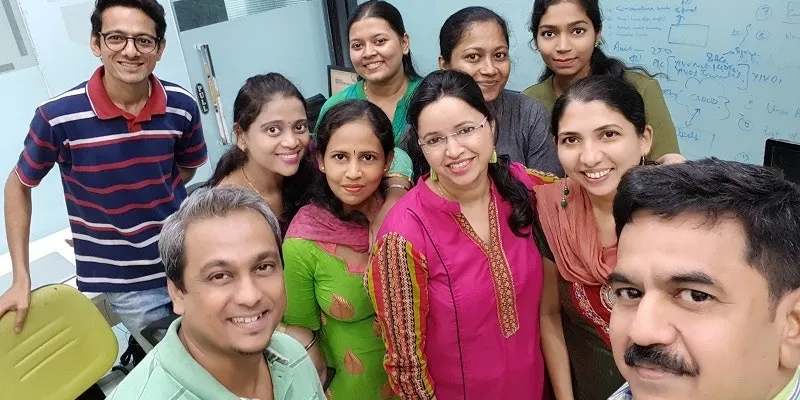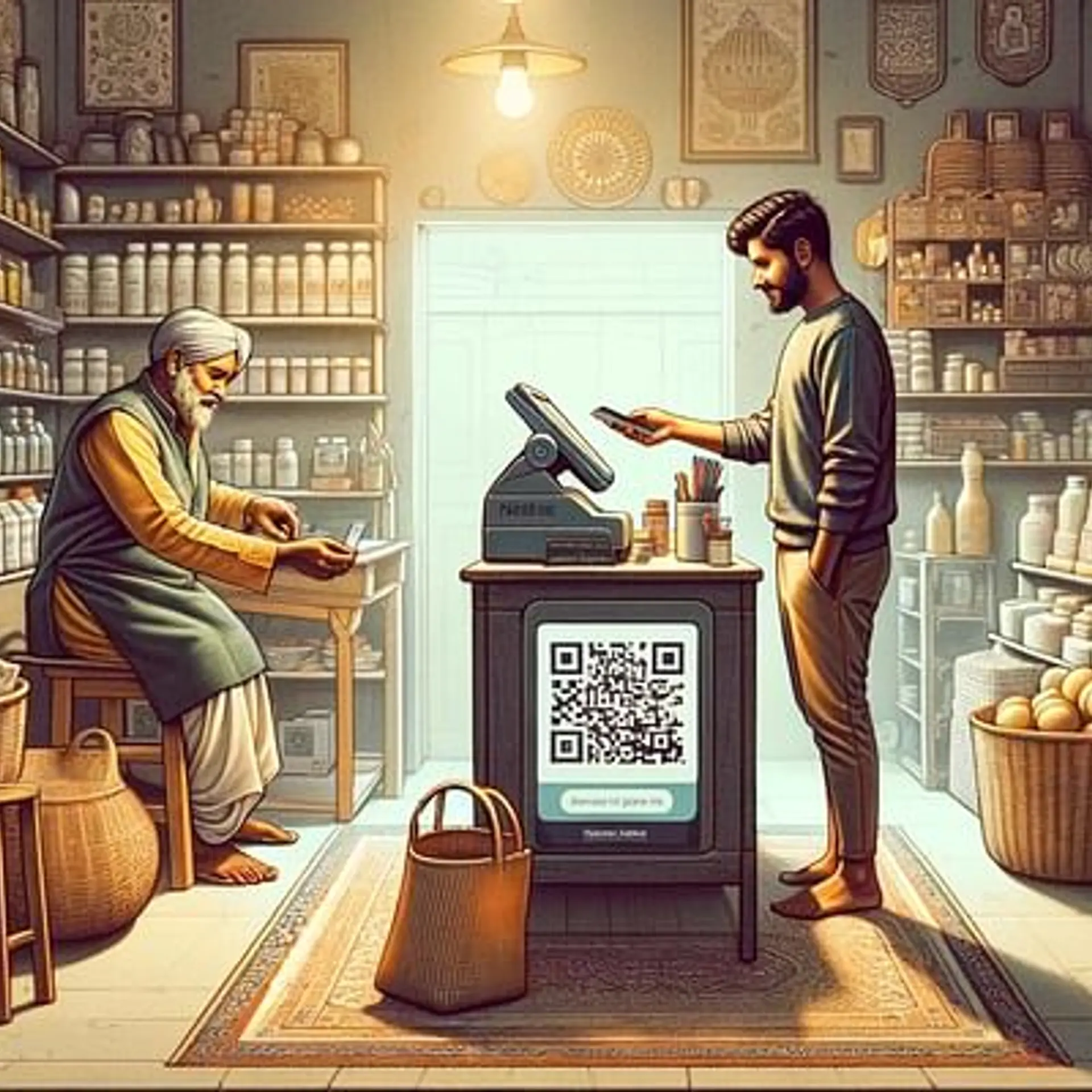This intelligent box can make your office energy efficient, cuts down power bills by 20pc
Mumbai-based Energos Cloud Technology outfits spaces with an IoT-led application that helps assess, monitor, and reduce energy consumption.
In 2014, in an effort to reduce its burgeoning electricity costs by cutting down energy consumption, a leading private bank installed an unconventional Internet-of-Things (IoT)-led application in all its offices and branches. This energy efficiency (EE) platform – a novel innovation by Mumbai-based startup Energos Cloud Technology -- included a machine learning (ML) box called YIVO, a sensor-based room analyser and a wireless remote control. Together, these devices connected all the Heating, Ventilation and Air Conditioning (HVAC) appliances of the bank to the internet, monitored and studied their energy usage patterns, and managed and reduced it remotely.
Within eight months, the bank began noticing a drastic reduction in its electricity bills. “Our air-conditioning, signage and key equipment have been working on IoT and YIVO for over four years now,” explains the bank spokesperson. “Our AC schedules and temperatures have been standardised across all locations, and we have freed our people from having to manage strict guidelines. Our bills have dropped by 18-20 percent and we have reduced our carbon footprint significantly.”

Team Energos, the people behind the energy saving innovation
India’s population is projected to rise to 1.6 billion by 2050, and with it, the nation’s energy demand and the associated greenhouse gas emissions. By way of addressing this imbalance, India’s Nationally Determined Contribution (NDC) has committed to scaling up renewable energy (RE) with an ambitious target of 40 percent installed capacity by 2030, while also pledging a 30-35 percent reduction in emissions intensity directly linked to energy efficiency interventions.
According to Rajesh Solanki and Anees Mir, the founders of Energos, “Our innovation is principally in line with the government’s commitment to move away from fossil fuel-fired energy sources and towards renewables.” They explain that today many large consumers from varied sectors have begun producing their own energy in small portions -- through private hydro, tidal, wind or solar power installations.
Optimising usage
The energy generated from these installations is generally used as a backup or distributed based on overall needs, which reduces dependence on the conventional power grid considerably. “These consumer-turned-prosumers are now conscious of usage and distribution. They think of the cost of their assets and their maintenance. They want to optimise usage and sell extra power back to the utilities or to another consumer. We sit at the conflux of this prosumer who generates, buys and consumes energy. We set up our IoT and YIVO here and start managing decisions for them,” the founders add.
Envisioning a decentralised future of the energy sector, “much like what happened to the internet in the 1990s and telecom in early 2000s”, they point out that IoT will support consumers in energy efficiency, energy cost reduction, operations optimisation and lower carbon footprint. According to them, at least 30 percent of the power grid will likely be decentralised by 2030, and around 80 percent by 2050.
YIVO is today installed in nearly 1,200 locations across India, of which 200 manage generation and consumption. Not only does the box optimise the supply and demand of energy by the customer it also allows them to sit at their headquarters and get a remote view of usage patterns in all their offices where it is installed. Besides, it accesses external data and builds a predictive model of energy generation, identifies and self-learns problems, and builds an archive of patterns that contribute to variable generation and consumption.
“That’s the beauty of this device. Even while the decentralised energy market is still emerging, YIVO has the capability to cater to a range of requirements. For instance, if you are only a consumer it will help you optimise your demand; if you are prosumer, it will optimise generation and demand; if you are a utility, it will help you to run your services efficiently,” Solanki points out. Focusing largely on cooling and heating loads – like air-conditioners or heaters, which are typically the highest energy guzzlers -- the startup today claims to have about 20,000 tonnage of air conditioning under their system.
Energy that is economical
YIVO’s installation costs are surprisingly economical: “On a rough estimation, our customers pay half their month’s electricity bill as the installation fee, followed by a monthly licence fee for accessing the device’s analytics. Typically, customers do pilots with us at our cost, and opt for one deployment. Once they see their power bills drop, and start noticing the other benefits of the innovation, they come back for more deployments. Our oldest customer today has been with us for four years, since our launch.”
One of Energos’ longstanding customers offers: “This device has a quick Return of Investment (RoI) of six to eight months, and gives 3x returns within just five years. Besides, it helps our role as responsible corporate citizens to achieve what we call the ‘3P accounting norms’ (profit, people and planet), and lets us reduce our carbon footprint considerably.”
Also read: Can India be run entirely by renewables in the future?
Energos Cloud Technology is one of the 10 startups participating in TheCityFix Labs accelerator programme.
The writer, Nitya Kaushik (@itsnotnit), is part of the WRI India communications team.






